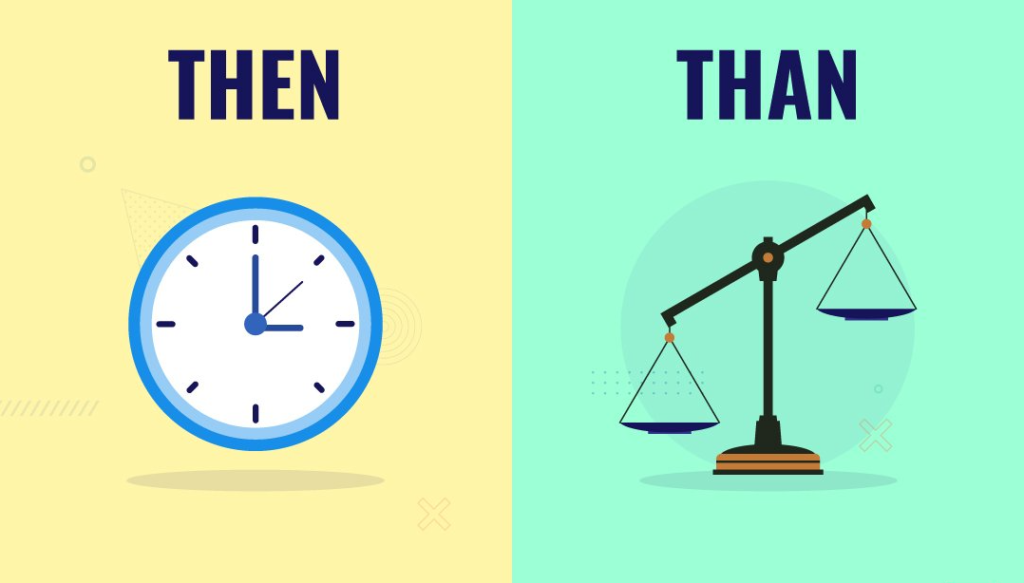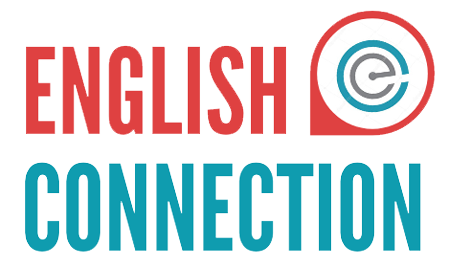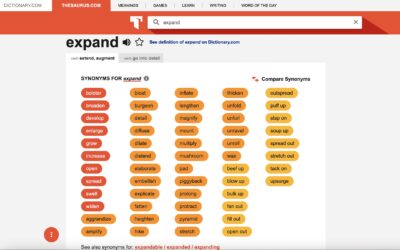
Then and than are two commonly confused words with different meanings and grammatical roles.
The Meaning of Then
Then (pronounced with a short “e” sound) refers to time. It’s typically an adverb, but it’s also used as a noun meaning “that time” and as an adjective referring to a previous status.
Follow the road for another mile and then take the exit.
I was working in a bookstore then.
- Then as an adverb – can be used to place events or things in order. It can be used to refer to both past and future points in time:
The population of London was less than a million then.
Cook the lamb slowly, and then let it rest for thirty minutes before serving.
We will take a train to the coast and then rent a car.
- Then as a noun indicates “that time”. Again, this can refer to the past or the future:
Since then, Stan has drifted away from the group.
Until then, we’ll just have to hope for the best.
- Then as an adjective refers to a previous status or to indicate that something belongs to a specific time.
The then chairman was accused of fraud.
- Then can also be used to express a condition or consequence, meaning the same as “in that case.” It is also used in combination with “if” to express a condition.
“Im not feeling well,” I said. “Then you should rest for a while,” said Francesca.
If you are allergic to eggs, then you shouldn’t have ordered an omelet.
- Then can also be used in informal speech and writing to acknowledge that an agreement has been made (e.g., “all right then,” “okay then”).
The Meaning of Than
Than (pronounced with a short “a” sound) is used to express comparison. Grammatically, it usually functions as a conjunction, but sometimes it’s a preposition.
Cathrine is a better tennis player than you.
I always like planning a holiday more than letting someone else plan it for me.
- Than as a conjunction or preposition is used to compare two or more things
Than is a conjunction or preposition used to compare two or more things.
I would rather travel by car than by plane.
My brother drives the car more than I do.
- Watch out for the correct use of the pronoun (subject or object)
Jill likes school more than [he likes] me.
Jill likes school more than I [like school].
- Other than is a common expression used to mean “besides,” “except for,” or “apart from.” “Other then” is never correct.
James doesn’t like his university classes, other than psychology
- More than is a common expression meaning “very” or “extremely.” It’s used to emphasise an attitude or emotion expressed by an adjective that comes after it.
John is more than willing to walk his neighbours’ dog while they are away.
Quiz: Then vs Then
You can test you understanding of the difference between then and than with the quiz below. Fill in either then or than in each sentence and POST THE ANSWER IN THE COMMENT BOX BELOW.
You can test your understanding of the difference between “then” and “than” with the worksheet below. Fill in either “then” or “than” in each sentence.
- I finished my bachelor’s degree, and _____ I began a master’s.
- Tom used to play the violin when he was in high school, but he hasn’t played it since ____.
- Arabella is more disciplined _____ Leo.
- The _____ lecturer was more engaging _____ the current one.
- Other _____ Jacks, we’re all ready to go.
These bitesize mini-lessons are given to you complimentary when you sign up and join the English Connection community.






0 Comments